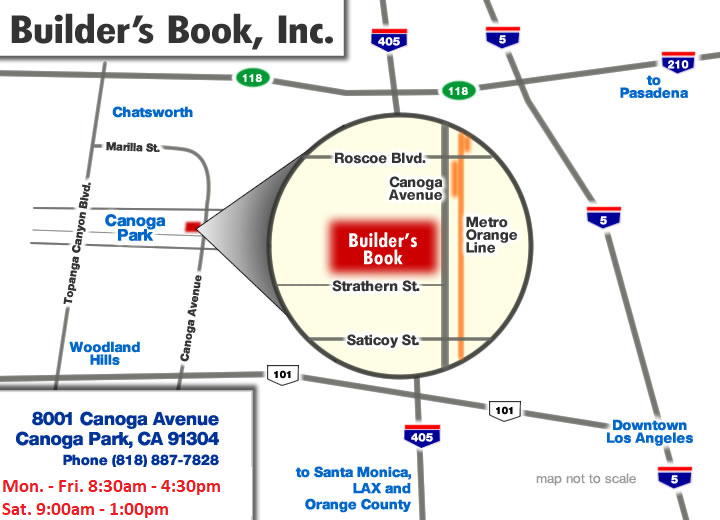NFPA 36, Standard for Solvent Extraction Plants
Help ensure greater fire safety and minimize risks at solvent extraction plants.
Mitigate the specialized hazards involved in the extraction of oils from agricultural commodities using hydrocarbon solvents with the updated requirements in NFPA 36, Standard for Solvent Extraction Plants.
Designers, builders, operators, inspectors, and enforcement personnel working in dusty or flammable vapor atmospheres can stay up-to-code and utilize the latest updates in this safety standard to help protect workers from hazards at solvent extraction plants, including animal and vegetable oils and fats using Class I flammable hydrocarbon liquids.
Chapter 1 Administration
1.1 Scope.
1.2 Purpose.
1.3 Application (Reserved).
1.4 Retroactivity.
1.5 Equivalency.
1.6 Units and Formulas.
1.7 Code Adoption Requirements (Reserved).
Chapter 2 Referenced Publications
2.1 General.
2.2 NFPA Publications.
2.3 Other Publications.
2.4 References for Extracts in Mandatory Sections.
Chapter 3 Definitions
3.1 General.
3.2 NFPA Official Definitions.
3.3 General Definitions.
Chapter 4 General Requirements
4.1 Scope.
4.2 Noncombustible Material.
4.3 Basic Operating Requirements.
4.4 Sources of Ignition.
4.5 Housekeeping.
4.6 Solvent Transfer Equipment.
4.7 Piping, Valves, and Fittings.
4.8 Exits.
4.9 Fire Protection.
4.10 Start-Up of Extraction Process.
4.11 Emergency Procedures.
4.12 Repairs in Restricted and Controlled Areas When Plant Is Operating or Not Purged.
4.13 Repairs in Restricted and Controlled Areas When Plant Is Shut Down and Purged.
Chapter 5 Bulk Solvent Unloading and Storage
5.1 Scope.
5.2 Location and Siting.
5.3 Design and Construction.
5.4 Fire Protection Equipment.
5.5 Sources of Ignition.
5.6 Unloading Procedures.
Chapter 6 Preparation and Meal Finishing Processes
6.1 Scope.
6.2 Design and Construction.
6.3 Electrical Systems.
6.4 Dust Removal.
6.5 Tramp Metal.
6.6 Dryer Shutdown.
6.7 Hot Work.
6.8 Use of Power Tools.
Chapter 7 Extraction Process
7.1 Scope.
7.2 Location and Siting.
7.3 Design and Construction.
7.4 Drainage and Spill Control.
7.5 Conveying Systems.
7.6 Cooling Towers.
7.7 Electrical Systems.
7.8 Ventilation Systems.
7.9 Ignition Sources and Heating.
7.10 Flammable Vapor Detection.
7.11 Lightning Protection.
7.12 Static Electricity.
Chapter 8 Extraction Process Equipment
8.1 Scope.
8.2 Venting.
8.3 Conveying Systems for Solids.
8.4 Extractors, Desolventizers, Toasters, Dryers, and Spent Flake Conveyors.
8.5 Grinders.
8.6 Miscella Filters.
8.7 Wastewater Evaporation.
8.8 Pressure Vessels and Tanks.
8.9 Heat Exchangers, Condensers, and Flash Drums.
8.10 Process Controls.
Annex A Explanatory Material
Annex B Description of the Solvent Extraction Process
Annex C Operational Practices
Annex D Informational References
2025
2021 (9781455927470)
2017 (9781455916276)
2009 (NFPA36-09)
2004 (NFPA36-04)
| Price | $209.95 |
|---|---|
| Customer Service | We're Here To Help! Call us anytime during our customer service hours... Monday through Friday - 8:30 am to 4:30 pm (Pacific) Order Questions:
TOLL FREE, 800-273-7375 (Outside the U.S. call 818-887-7828). Our Address: 8001 Canoga Avenue Canoga Park, CA 91304 US Phone: 800-275-2665 E-mail: sales@buildersbook.com
|
| Description | Help ensure greater fire safety and minimize risks at solvent extraction plants. Mitigate the specialized hazards involved in the extraction of oils from agricultural commodities using hydrocarbon solvents with the updated requirements in NFPA 36, Standard for Solvent Extraction Plants. Designers, builders, operators, inspectors, and enforcement personnel working in dusty or flammable vapor atmospheres can stay up-to-code and utilize the latest updates in this safety standard to help protect workers from hazards at solvent extraction plants, including animal and vegetable oils and fats using Class I flammable hydrocarbon liquids. Table of Contents:
Chapter 1 Administration 1.1 Scope. Chapter 2 Referenced Publications 2.1 General. Chapter 3 Definitions 3.1 General. Chapter 4 General Requirements 4.1 Scope. Chapter 5 Bulk Solvent Unloading and Storage 5.1 Scope. Chapter 6 Preparation and Meal Finishing Processes 6.1 Scope. Chapter 7 Extraction Process 7.1 Scope. Chapter 8 Extraction Process Equipment 8.1 Scope. Annex A Explanatory Material 2025 2021 (9781455927470) 2017 (9781455916276) 2009 (NFPA36-09) 2004 (NFPA36-04) |


